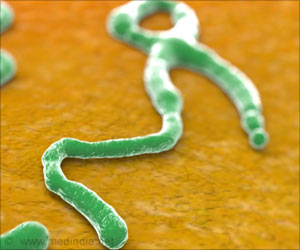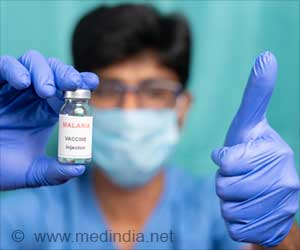Ahmedabad Municipal Corporation (AMC) has good news for a change.
Ahmedabad Municipal Corporation (AMC) has good news for a change. The malaria department has recorded a drastic reduction in malaria cases by 50 per cent between January and September 2007, as against the same period last year.
As the first phase of the mosquito menace begins, authorities are gearing up for the post-monsoon falciparum onslaught, which starts in the last week of September and peaks up in October.Senior AMC officials say that the drastic 50 per cent drop in malarial cases may be because of a 7 to 13-year natural cycle when diseases like malaria take a drop.
Herd immunity, which denotes a particular pocket of community developing immunity towards a recurring ailment over a period of time, could also be explained as one of the main reasons for this drop. In spite of this, the AMC has stepped up its mosquito surveillance in certain problem areas of the city.
Health officials also believe that last year’s Chikungunya onslaught may have disturbed the immunity of various demographic pockets in the city. "We have increased our surveillance as Falciparum may intensify during its peak period in October," adds a senior AMC health official.
As against 4,848 malarial cases recorded between January and September last year, AMC authorities recorded 2,720 cases this year. Besides, 1,370 cases of Falciparum were recorded during the same time last year, and that has been reduced to 661 this year.
"We have completed our door-to-door surveys. In all, we have surveyed 14.32 lakh households looking for mosquito hot spots and have recorded 18,902 positive cases," says municipal commissioner I P Gautam. About 2.39 lakh households were surveyed in new west zone while 1.47 lakh were surveyed in west zone.
Advertisement
ANN/C





